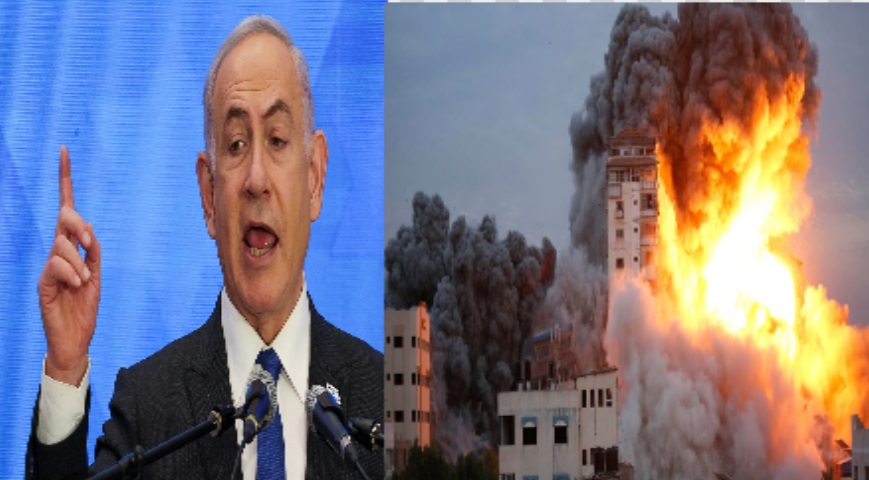Divisions in Israel are intensifying over Prime Minister Benjamin Netanyahu's management of the conflict in Gaza. Netanyahu is facing criticism, particularly regarding the fate of captives taken after Hamas executed a successful military operation in southern Israel more than four months ago. Hamas conducted "Operation Al-Aqsa Flood" in October last year, resulting in over 1,100 casualties and approximately 250 individuals being captured.
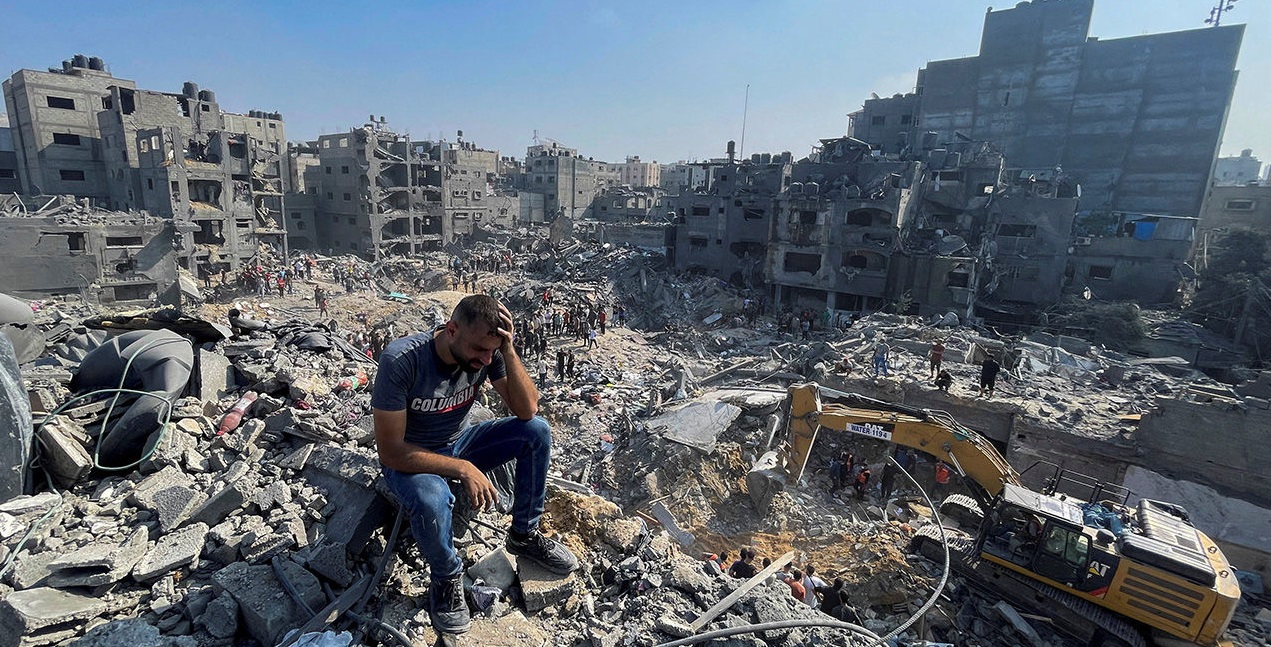
As part of a weeklong truce between Israel and Hamas in late November, more than 100 of the captives were released, leading to the liberation of hundreds of Palestinians from Israeli jails. However, approximately 130 captives still remain in Gaza, with around a fourth of them believed to have lost their lives due to Israel's continuous strikes on the besieged Palestinian territory.
Since the October 7 Hamas attack, Israelis have been participating in anti-Netanyahu protests. Streets have been filled with demonstrators expressing their frustration with the Prime Minister for his government's failure to anticipate and prevent the attack.
The protests, escalating in both volume and intensity over concerns about the fate of captives held in Gaza, reached a peak with violent clashes over the weekend. On Saturday night in Tel Aviv, police deployed water cannons against protesters, resulting in the most violent clashes since October 7. Over 20 individuals were arrested, and several others sustained injuries during the confrontations.
Did you read this?
Footage from the protests in Tel Aviv depicted a mounted police officer using the reins of his horse to strike a protester across the head.
In a statement, Israeli police accused protesters of disturbing peace, saying they had “gathered illegally” in the streets.
“Unfortunately, today we saw a number of protesters who came with the purpose of confronting the police, and not for a legitimate protest,” the statement added.
The Israeli opposition leader reacted to police violence.
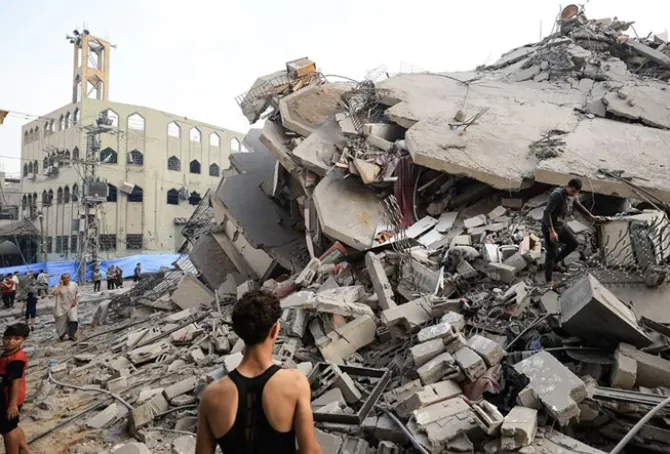
“The police violence this evening toward protesters, among them the families of hostages, is dangerous, antidemocratic, and cannot continue,” Yair Lapid said.
He added, “The right to protest is a fundamental right, and it cannot be taken from protesters with batons and water cannons.”
The protesters put forth several demands, including the resignation of Netanyahu and his cabinet. Additionally, they called for advancements in negotiations for a captive agreement with Hamas and urged for a diplomatic resolution to the Israeli-Palestinian conflict.
The protesters directed their criticism towards far-right politicians, including Public Security Minister Itamar Ben Gvir and Finance Minister Bezalel Smotrich. These politicians have expressed their intention to block any deal with Hamas, citing concerns about Israel's security and resisting what they perceive as a surrender to the resistance movement.
Some speakers accused Netanyahu of deliberately hindering the return of captives to prolong the Gaza war, potentially to avoid elections.
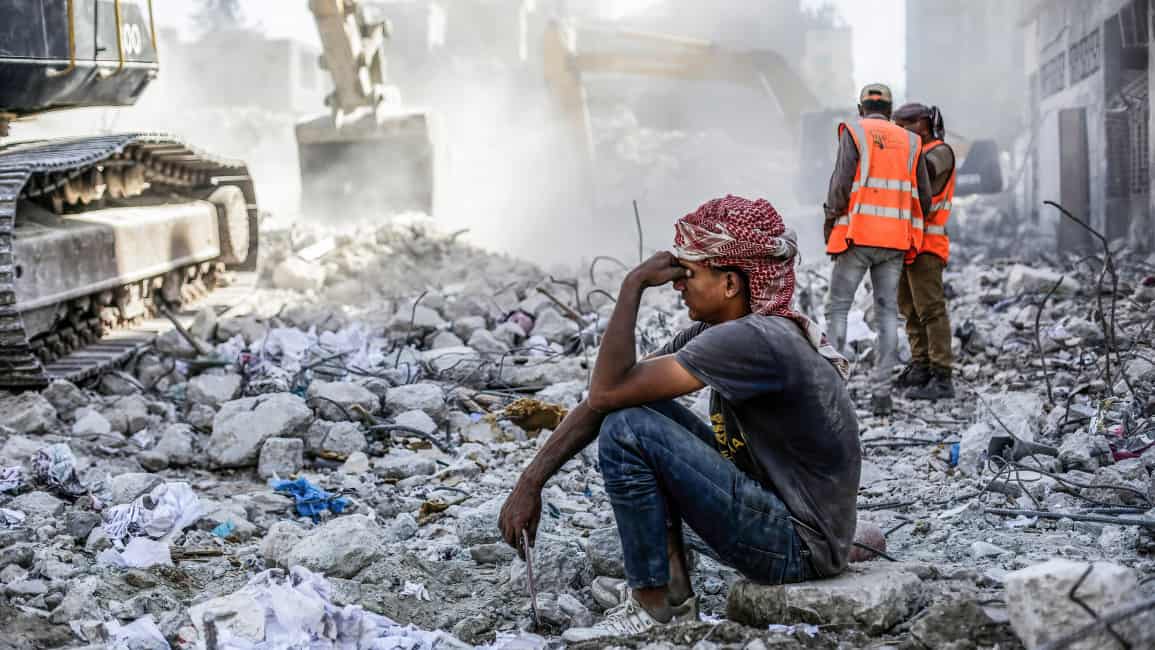
Some other speakers also described the Netanyahu cabinet as a “criminal government” and “the most failed government in history”.
Former war minister Moshe Yaalon criticized Netanyahu for evading responsibility for the October 7 attack. However, it appears that the mounting protests have not swayed the Israeli prime minister.
In Gaza, where Israeli airstrikes and ground operations have claimed the lives of approximately 30,000 Palestinians since October 7, the Netanyahu government is facing grave charges of genocide, war crimes, and crimes against humanity. Unfortunately, Netanyahu is determined to drag out the conflict in spite of calls from throughout the world to stop the atrocities occurring in Gaza.
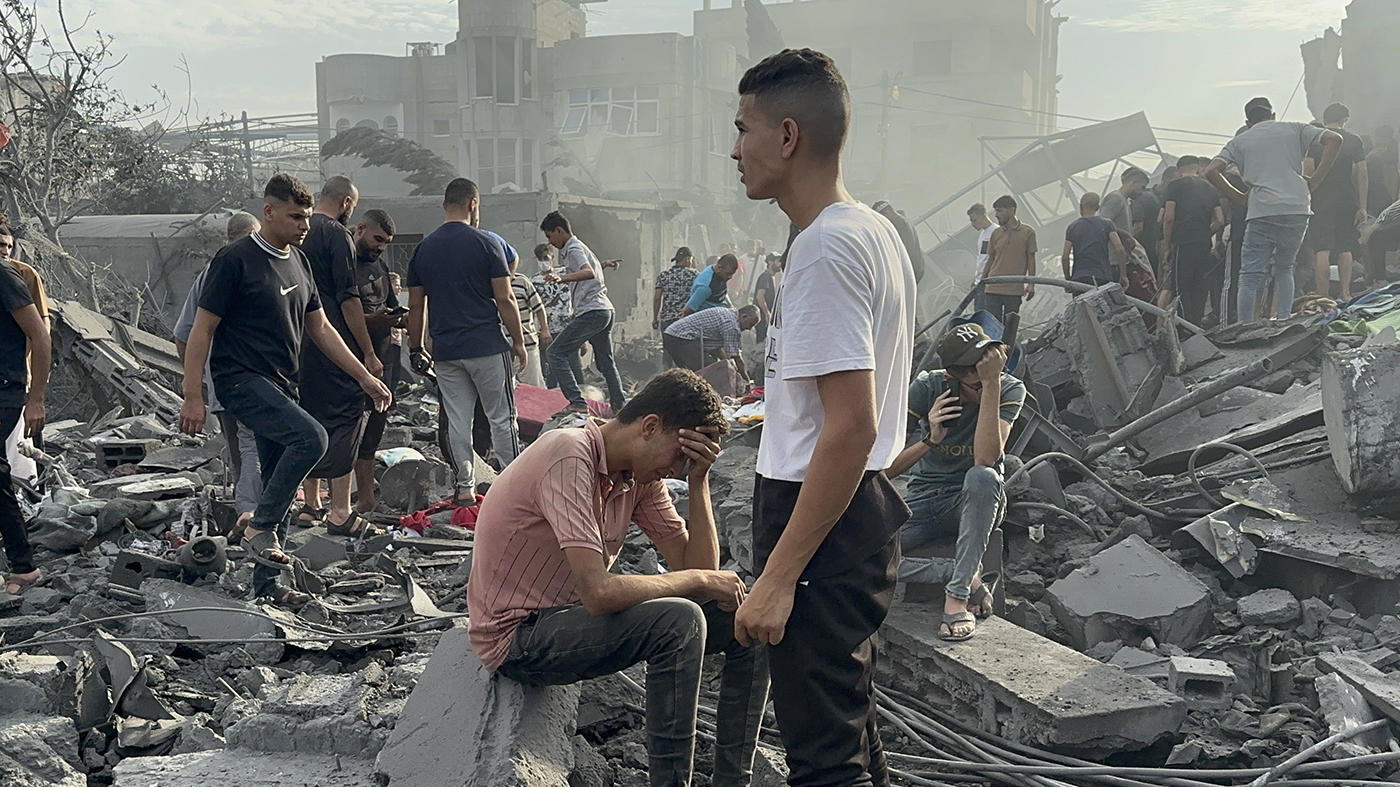
The prolonged war serves as a means for Netanyahu to sidestep accountability for the October 7 attack, which exposed significant intelligence failures within his regime. Furthermore, the extension of the conflict has provided a distraction from corruption charges that Netanyahu was facing even before the October 7 incident.
As long as Western countries continue to offer military support to Israel, the Netanyahu government appears unwilling to cease its campaign in Gaza, characterized by accusations of genocide.

